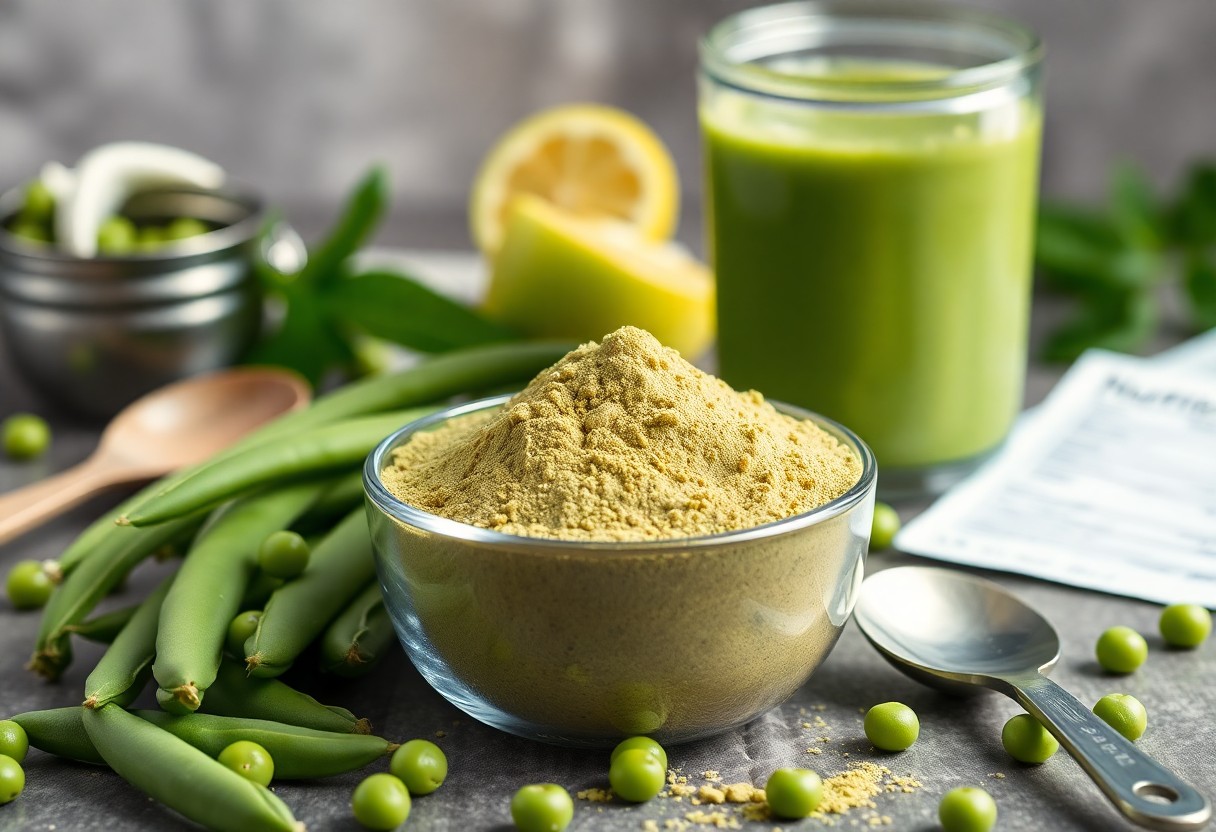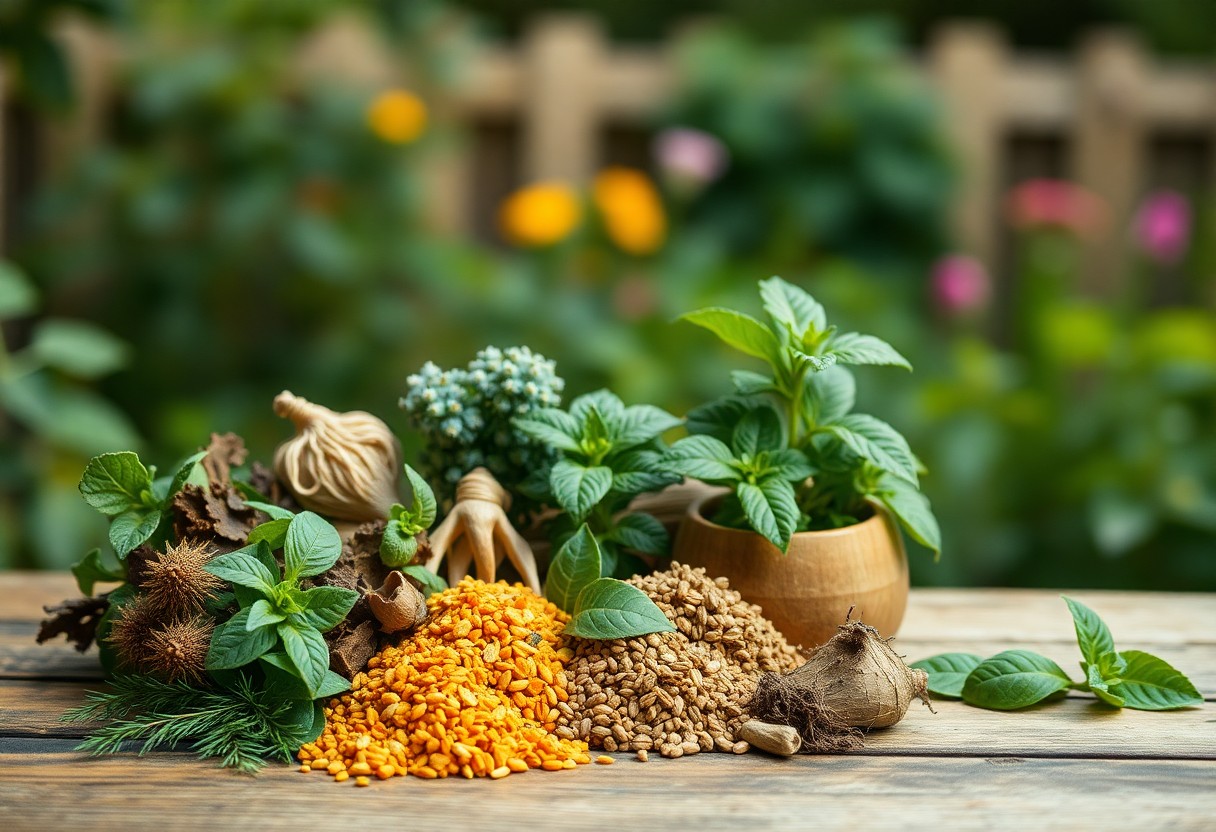The Ultimate Guide to Natural Herbs for Gut Healing
Gut health is a critical aspect of overall well-being, influencing everything from digestion to immunological function. With today’s fast-paced lifestyle, maintaining a healthy gut can be challenging, leading many to seek natural solutions. In this comprehensive guide, we’ll explore the most effective natural herbs for gut healing, offering you insights and actionable tips to enhance your digestive health naturally.
Understanding the Importance of Gut Health
The gut, often referred to as the “second brain,” plays a pivotal role in our health. It is home to trillions of bacteria, collectively known as the gut microbiome, which influence various bodily functions. Studies show that a balanced microbiome is crucial for optimal digestion, nutrient absorption, and immune system function.
Research indicates that approximately 70% of the immune system is located in the gut, highlighting its importance in disease prevention. Therefore, maintaining a healthy gut is not only beneficial for digestion but also for overall health.
Top Natural Herbs for Gut Healing
1. Ginger
Ginger is renowned for its digestive benefits. It contains compounds like gingerol and shogaol, which are known to reduce inflammation and improve digestion. Ginger can help alleviate symptoms of nausea, bloating, and indigestion. Incorporating ginger tea or fresh ginger into your diet can be a simple yet effective way to soothe an upset stomach.
2. Peppermint
Peppermint is widely used to manage symptoms of irritable bowel syndrome (IBS). Its active ingredient, menthol, has a calming effect on the gastrointestinal tract, reducing spasms and discomfort. Studies have shown that peppermint oil capsules can significantly relieve IBS symptoms, making it a popular choice for gut health support.
3. Turmeric
Turmeric, a golden spice, contains curcumin, a powerful anti-inflammatory compound. Curcumin has been found to promote gut health by reducing inflammation and supporting the growth of beneficial gut bacteria. Adding turmeric to your meals or taking curcumin supplements can be a beneficial strategy for maintaining a healthy gut.
4. Slippery Elm
Slippery elm has been used for centuries to soothe digestive issues. It forms a gel-like substance in the stomach, which coats and protects the lining of the gut. This can be especially helpful for individuals with ulcers or inflammatory bowel disease (IBD). Drinking slippery elm tea or using it in powder form can facilitate gut healing.
5. Chamomile
Chamomile is another herb traditionally used to support digestion. It possesses anti-inflammatory and antispasmodic properties, which can relieve symptoms of gastrointestinal distress. Drinking chamomile tea can help relax the digestive tract and alleviate bloating and gas.
How to Incorporate Herbs into Your Diet
Incorporating these natural herbs into your daily routine can be simple and enjoyable. Here are some actionable tips:
- Tea Infusions: Brew herbal teas such as ginger, peppermint, or chamomile to enjoy their soothing benefits.
- Cooking: Use herbs like turmeric and ginger in your cooking to add flavor and boost gut health.
- Supplements: Consider herbal supplements in capsule or powder form for more concentrated doses.
- Herbal Blends: Create your own herbal blends to target specific digestive issues.
Conclusion
Natural herbs offer a powerful, holistic approach to enhancing gut health. By understanding the benefits of herbs like ginger, peppermint, turmeric, slippery elm, and chamomile, you can make informed decisions about your digestive wellness. Remember, while these herbs are beneficial, they should complement a balanced diet and healthy lifestyle. Always consult a healthcare professional before making significant changes to your health regimen.
Start your journey towards better gut health today by integrating these natural herbs into your daily routine and experience the transformative benefits they can offer.
Discover more from NatureZen Market
Subscribe to get the latest posts sent to your email.











